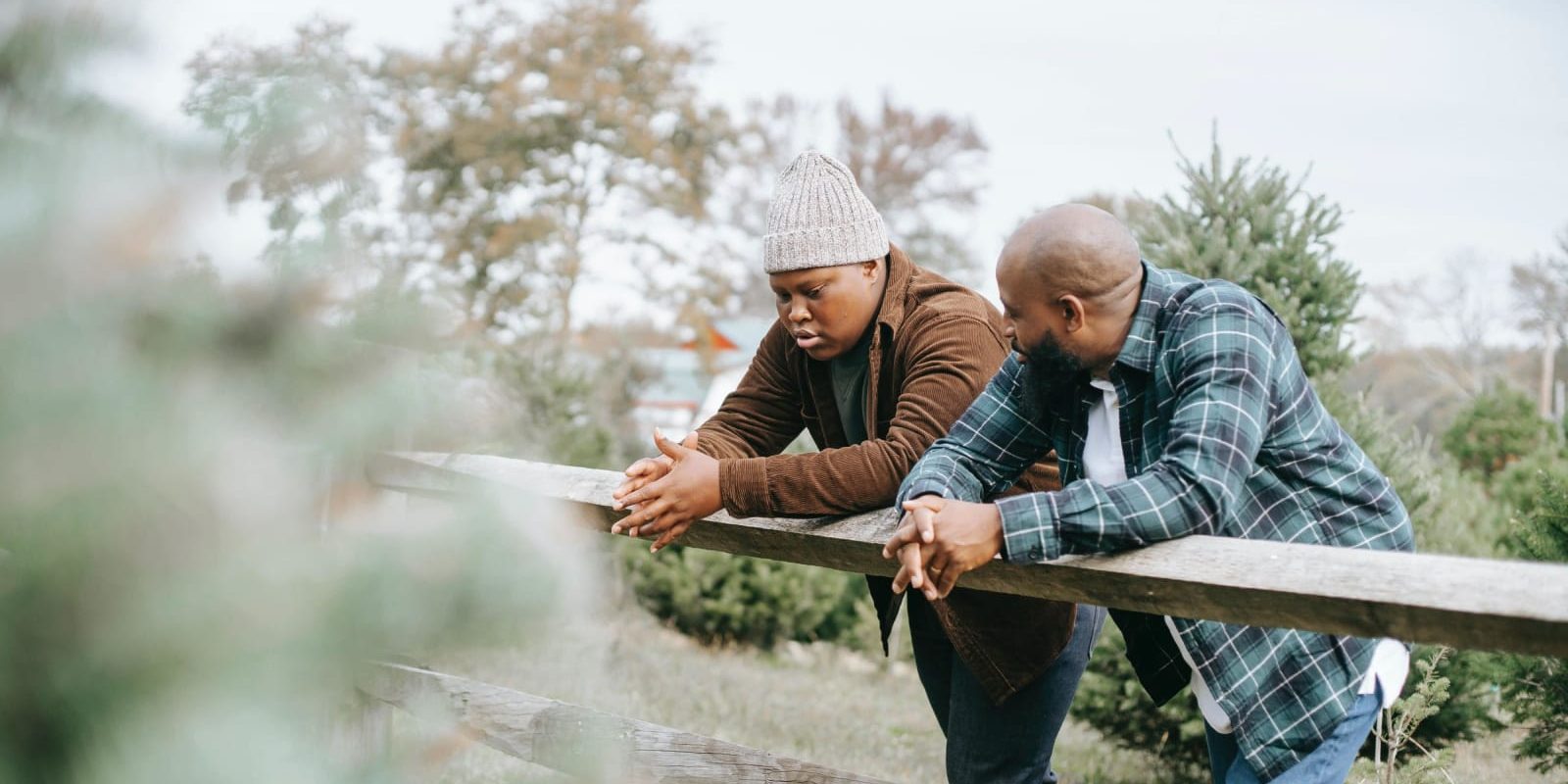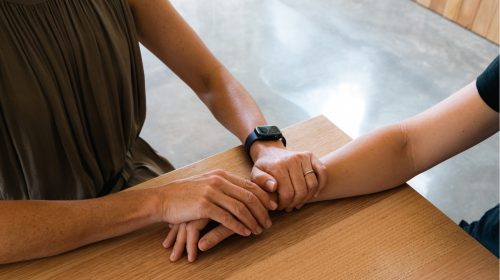IT’S so predictable. Every other week we turn on the television and there he is, another tearful, high profile sportsman, politician or businessman apologising for his appalling behaviour. Sometimes it’s a an on-field punch up, other times a drunken grope of a female colleague, worse still an episode of domestic violence.
Tragically, according to statistics, it’s also the police we see fronting the media week in week out as they grapple with the shocking murder of another woman at the hands of her intimate male partner.
What is going on? Is it toxic masculinity? Are men confused about what it means to be a man or even a human? Are the depictions of masculinity we see on our screens, on social media and on the sporting field too narrow and proscribed?
Some masculine stereotypes, including strength bordering on aggression, not showing emotion or asking for help, clearly aren’t helpful. Studies have linked these stereotypical versions of masculinity to physical and mental health problems and violent tendencies. In Australia, one woman a week is killed by her male partner. Men also have a higher rate of suicide, around 75% of people who take their own lives are male.
It’s obvious things need to change. One way to help our boys to grow into respectful, healthy and confident men is to teach them about positive masculinity.
Expressing masculinity
Over the years, there has been much debate about toxic masculinity. Psychologists now realise that much of this debate has focused on identifying the problems of masculinity and has overlooked the strengths and positive elements.
According to Jane Enter, psychologist and co-clinical director of Raindrum Private Rehabilitation Centre, this has meant many boys and men are confused about what it means to be male.
“I see a lot of young men in my practice. And a lot of them are saying we don't know what to do anymore. We feel like even opening our mouths or having an opinion, or grunting and playing sport is seen as a bad thing,”
Enter said.
According to Raindrum co-clinical director, Dr Tonya Coren, learning about positive masculinity can help our boys express their maleness in a healthy way..
“It's all about positive parenting and focusing on the strengths of our kids,”
Dr Coren said.
Emphasising their strengths can be important when a boy doesn’t conform to a male stereotype, like sportiness.
“Making that football team does not define who you are as a person. There are so many other positive traits that you have,”
she said.
"It’s important that boys know that if they’re not physically active, it doesn’t make them less of a man."
Encourage positive physicality
For many boys, physicality can represent a big part of being male and we should encourage that if it’s what the child enjoys. However, according to Dr Coren, we need to disconnect activity from physical appearance.
“It's not the real world to have bulging biceps and to be just dedicated to the gym and what you eat and drink. For many of us, we can't achieve that,”
Dr Coren said.
Instead, we need to encourage physicality for the way it makes us feel and the impact it makes on both our lives and the lives of others. Similarly, we should also look at this impact when we consider sporting role models.
“Who are the sporting heroes who give back to their community? You can be a physical guy and you can be a strong individual, but it's what you do with it that’s the key,”
she said.
Vulnerability isn’t weakness
Children reflect what they see at home. According to psychologist Tracey Gamble, parents need to be mindful about the language they use.
“Language really impacts our beliefs and cultural expectations. (We can’t) say things like ‘he just needs to man up’ or ‘only girls cry’”
Dr Gamble said.
Our children need to see us talk the talk.
“We need to show being respectful of others, expressing your emotions and speaking up when you hear disrespectful comments,”
she said.
Dr Coren said we also may need to look at the way we behave and even learn how to model vulnerability.
“It can be confronting, but it's important to ask for help. And then trying to become that role model for our kids,”
she said.
Positive masculine role models
It’s not just parents that children look up to. From teachers, relatives, coaches and friends, it’s important that we surround our children with positive masculine role models. And if there’s someone in their life who isn’t positive, Dr Coren said this can be a teaching moment.
“Talk to the kids and say, ‘we love Grandpa, or uncle or whoever it is. But that's not how we're going to treat each other,’”
Dr Coren advised.
It can be important for children to realise that some people may try to cut them down. How they respond to it and let it go of that is an important lesson in resilience.
Confidence
Everyone wants their kids to be confident, and focusing on their strengths is a key way to do this. However, according to Enter, we need to make sure we promote this confidence positively.
“How does one use power and strength in a way that is admirable and positive? Rather than damaging and demeaning? How do we uplift other people at school rather than put them down?”
Enter asks.
Dr Coren says this kind of positive confidence is key.
“If you have confidence that's based on respect, kindness, and compassion, then our boys are going to thrive,”
she said.



